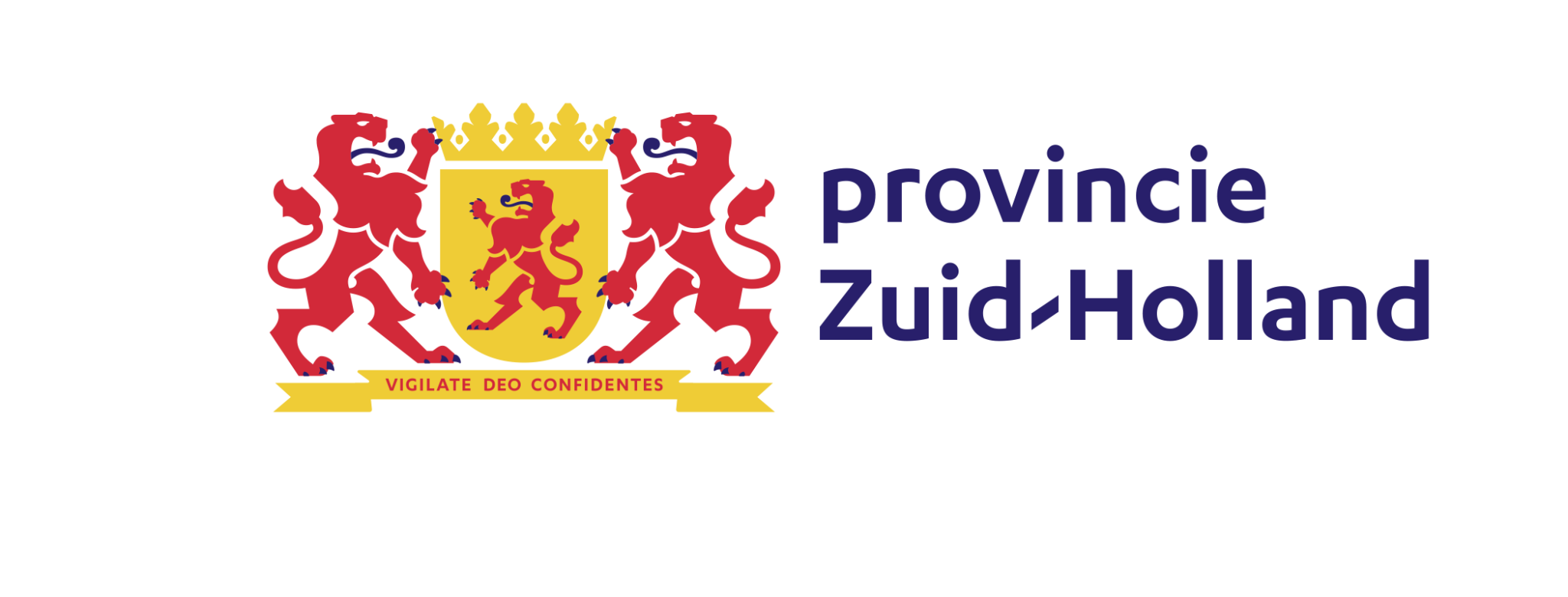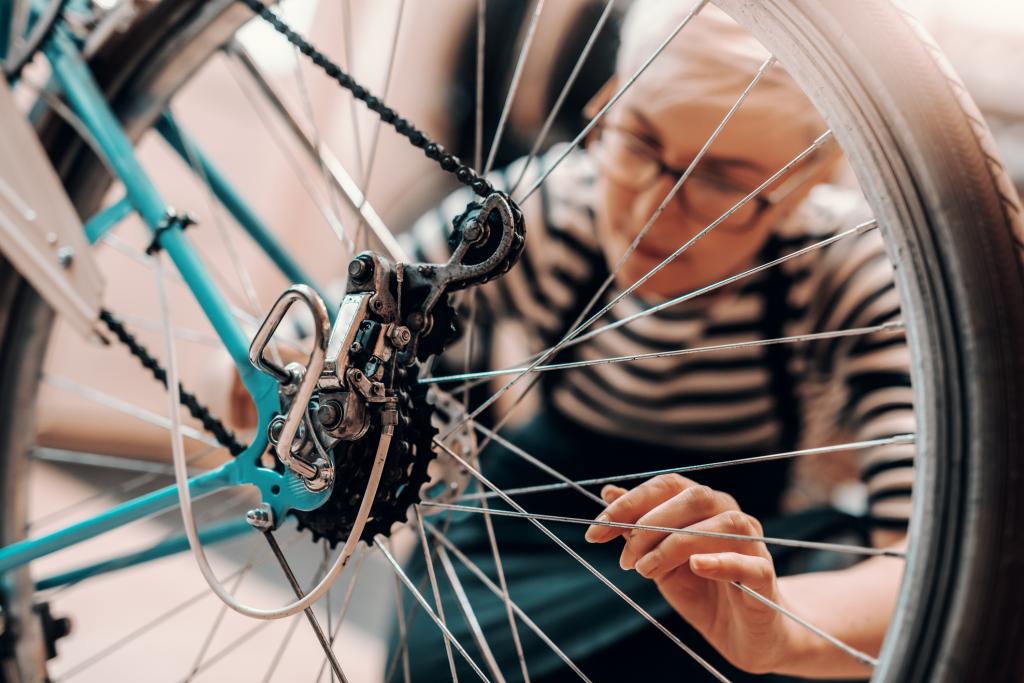In Europe, we spend 12 billion euros each year replacing items that could have been repaired. This not only places a heavy burden on the environment, but also increases our dependence on other countries for raw materials. Promoting repair brings major benefits: 261 million tons of CO₂ reduction, 30 million tons of raw material savings, 35 million tons less waste, and 4.8 billion euros per year in growth and investment (European Commission Research, 2024). Repair extends the lifespan of products, strengthens our strategic autonomy, and reduces environmental impact — whether it concerns (office) furniture, machines, tools, toys, bicycles, or clothing.
Details on the individual thesis assignments and themes that you can apply for can be found in the booklet below.
Individual Thesis Assignments or Themes
Main Challenge
How can businesses, public and educational institutions, NGOs, and consumers promote repair?
Caseholders and organisation
This lab is organised by the LDE Centre for Sustainability, in collaboration with the Province of South Holland and the Province of Noord-Brabant. Both provinces aim to reduce primary raw materials with 50% in 2030. The Province of South Holland is one of the initiators of the ‘Repair Coalition’.
LDE CfS has a Repair and Reuse community that connects researchers, companies, governments, and citizens to accelerate repair, refurbishment, and reuse. Through projects like the Reparatie Lab and initiatives such as Tackling Fixophobia, the community explores practical and systemic solutions to extend product lifetimes and cut waste.


![]()
Interesting Reads
White Paper ‘Repair in the Circular Economy’
“The European Right to Repair” with Dr. René Repasi
“Repair within the circular economy” with Nico Werkman (Decathlon)
Terugblik Congres met Techniek Nederland: Retail2Repair

